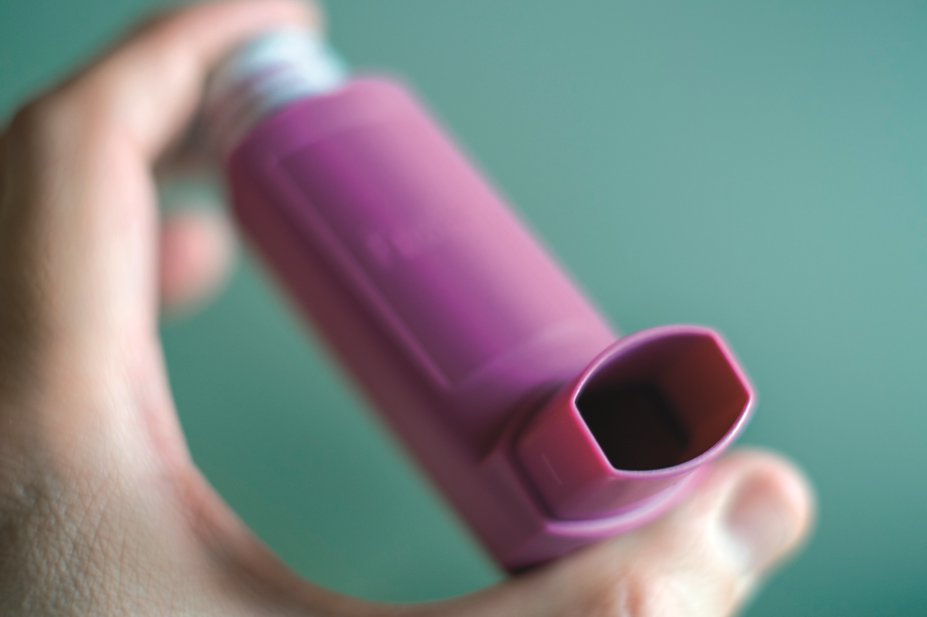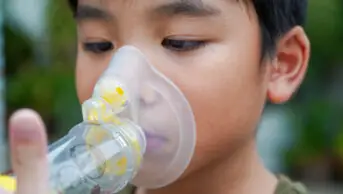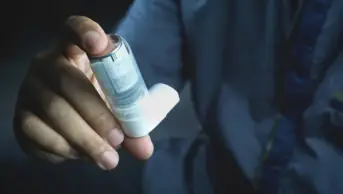
Shutterstock.com
The UK’s first postal inhaler recycling scheme has been launched by pharmaceutical company Chiesi to support a more sustainable way of living for people with respiratory illnesses.
The pilot scheme, Leicestershire Take Action for Inhaler Recycling (AIR), will run for 12 months and is aimed at disposing and recycling empty and unwanted inhalers of any brand or type, with the users sending them via post.
The initiative is being piloted in Leicestershire and Rutland only at this stage, and is supported by the University Hospitals of Leicester NHS Trust and Leicestershire and Rutland Local Pharmaceutical Committee.
Tom Delahoyde, managing director of Chiesi UK, said: “We want to help people who use inhalers, and are worried about the impact on the environment, by making an easy and safe process to recycle, particularly in these challenging times.”
Anna Murphy, consultant respiratory pharmacist at University Hospitals of Leicester NHS Trust, added: “We all want to do our bit to help the environment and at this current time, with many of us wanting to limit how often we go into closed spaces, a postal-based scheme is a great way for people in the area to easily recycle their used inhalers.”
Through the Take AIR scheme, the aluminium canisters will be recycled and reused, the plastic components will be recycled and put back into the plastic supply chain, and any remaining propellant gas will be extracted and reused in items such as fridges and air conditioning units. Non-recyclable materials will be converted into energy.
Those wishing to use the scheme are advised to ask their local community pharmacist for a Take AIR pre-paid postage envelope.
‘The NHS Long-Term Plan’, published in January 2019, highlighted that 73 million respiratory inhalers are prescribed each year in the UK. However, metered dose inhalers (MDIs) contain hydrofluorocarbons — a type of greenhouse gas — to help propel the dose into the patient’s respiratory system.
The National Institute for Health and Care Excellence says that MDIs have an estimated carbon footprint equivalent to 500g of CO2 per dose, but the ‘NHS Long-Term Plan’ suggests that switching patients to lower carbon products, such as dry powder inhalers — which have a footprint of 20g — could contribute 4% of the NHS’s commitment to cut carbon emissions overall by 57% by 2030.
In September 2020, GSK’s Complete the Cycle programme — thought to be the only inhaler recycling scheme of its kind in the UK — came to an end after nine years.
At the time, GSK said in a statement that since 2011, when the scheme began, more than 2 million inhalers had been recycled and recovered, saving a similar amount of CO2 emissions as that produced by 8,665 cars in one year. The scheme recycled inhalers made by other manufacturers, as well as those made by GSK.


